This is personal
We asked advocates to submit stories about how the arts have personally impacted their lives. We’ve chosen our favorites to share each day during Arts Advocacy Week 2020, to show legislators that ALL South Carolina citizens have a dog in this fight.
How Stealing Poetry Saved My Life (and perhaps the world!)
I am a native son of South Carolina. I’m proud to say that. My family’s cyclical stories go back centuries here. I grew up in a modest working-class family on a dirt road, in a house my dad built with his own hands – a house my parents still live in today, on a road that is still dirt, in a small strip of land between Lexington and Gilbert.
Like a lot of boys who grew up in the country, I grew up wild with the country, but an early age I learned the value of hard work by working manual labor jobs from the age of 13 to my late 20’s.
I’ve worked just about every kind of job one can imagine, from cleaning chicken houses, to laying floors, to cutting trees, to managing a produce department. From all the jobs I’ve worked, I have learned: 1) that nothing is the world is given, only earned; 2) do the job right, no matter how hard it is; and 3) when God has given us a gift, the very least we can do is try to live up to it. And even though the path was unconventional, I worked my way through college and graduated with a BA, MFA, and Ph.D. – the first of family to ever do so.
In 11th grade – during one of my in-school suspensions – I had to read a book and write a paper about it. I started reading a book of poetry and fell in love with the book and the richness of the language in it. I loved it so much that I stole the book.
I didn’t start writing poetry seriously until I got to the University of South Carolina. Part of it was to help me make sense out the whole mess college seemed to me at the time. Being a first-generation student, I wasn’t sure what I was doing there, just that I owed it to my family to earn something.
For once in my life, I was actually complimented in the classroom by both my teacher and my peers simply for what I wrote on pieces of paper. I wrote about my experiences and stories from growing up in Lexington County, and I liked the way positive reinforcement felt. I started to work harder in my other classes too, and the results were just as positive, eventually turning a dismal GPA into a 3.7, eventually seeing that a Master’s degree and a Ph.D. were more than possible, and I couldn’t help but wonder what would have happened had these opportunities come to me earlier in my life.
Before I even published my first book of poetry, I started a program in 2000 called Split P Soup with the hopes of creating opportunities for students in South Carolina to write poems. The idea then, as it still is today, was not to create or recruit poets. Rather, it was about giving students an opportunity to see that they could, in fact, write (an opportunity I didn’t have at their age). By working closely with teachers from all over the state, understanding the challenges they faced, and hearing from every single one of them that were blown away by the success their students were having after my workshops, it became ever-apparent that by simply using poetry writing, students’ levels of engagement increased exponentially in their other classes. Poetry is a way to get students actively thinking about the relationship between subject and speaker, the responsibility of word choice, as well as empathy and self-respect.
By the time I published my third book of poetry), I created a new program in 2011 called Re:Verse, which shifted focus to working more with elementary, middle, and high school teachers on how to incorporate poetry writing into their assignments. I worked with Arts in the Basic Curriculum summer institutes and lead several school district in-service workshops. It had been my experience then, and even more so now, that teachers are constantly looking for innovative ways to get their students excited about learning. I provide teachers with resources and guidance when asked, and offer my services by coming to their classrooms and demonstrating for students the power of writing poetry – through my story or through real-time examples. Working with teachers has been an absolute highlight of my career.
As any adult who has been in the workforce can attest, communication is vital to success. The old adage is true: “Those who write well and speak well, do well. And those who don’t, work for those who do.” I have convinced young people of this, not by lecturing, but by writing poetry. I do the assignments with them. They begin to see that writing is not punishment, that writing is something they can do, and through the process have a better understanding of how to articulate ideas into meaningful communication. They begin to see the building blocks of what makes communities thrive.
I’ve worked with troubled teenagers who turned their lives around and eventually enrolled in college. I’ve worked with young people who hid under ball-caps and bandanas and went on to become powerful leaders in their communities. I’ve worked with kids who now write for non-profits and corporations, advertisers, TV networks, and political campaigns. And, I’ve worked with kids who are successful in fields far removed from anything that would entail writing creatively, yet they still write on their own. As one of my former students, who is now a computer engineer for a national tech firm, put it, “It’s [writing] sort of like brushing your teeth twice a day – seemingly small compared to everything else in one’s day, but definitely necessary.” Last I checked, he has all his teeth.
In closing, when I am performing my work around the country or being interviewed by a particular agency, I get to tell folks about the work we are doing in our state. That brings me more pride than any award I’ve received or review I’ve ever had written about my work. But I cannot help thinking about how the teen-aged Ray McManus wouldn’t even be in this wonderful career had I not simply been lucky enough to have gotten in trouble in the right place at the right time. The cliché that talent is equally distributed, but opportunity isn’t, is very real. My particular story is unique in that I created an opportunity for success when there wasn’t one. Stealing that book of poetry 30 years ago saved my life, but it shouldn’t have to come to that. I want to create as many opportunities for success as I can for the people of South Carolina.
Ray McManus is the author of three books of poetry: Punch., Red Dirt Jesus, and Driving through the Country before You Are Born. He is a professor of English at the University of South Carolina Sumter, where he teaches Irish Literature, Southern Literature, and Creative Writing. When he is not teaching, Ray directs the South Carolina Center for Oral Narrative, serves as Writer in Residence at the Columbia Museum of Art, and chairs the Board of Governors for the South Carolina Academy of Authors.
In case you missed it, check out the other stories from this week:


